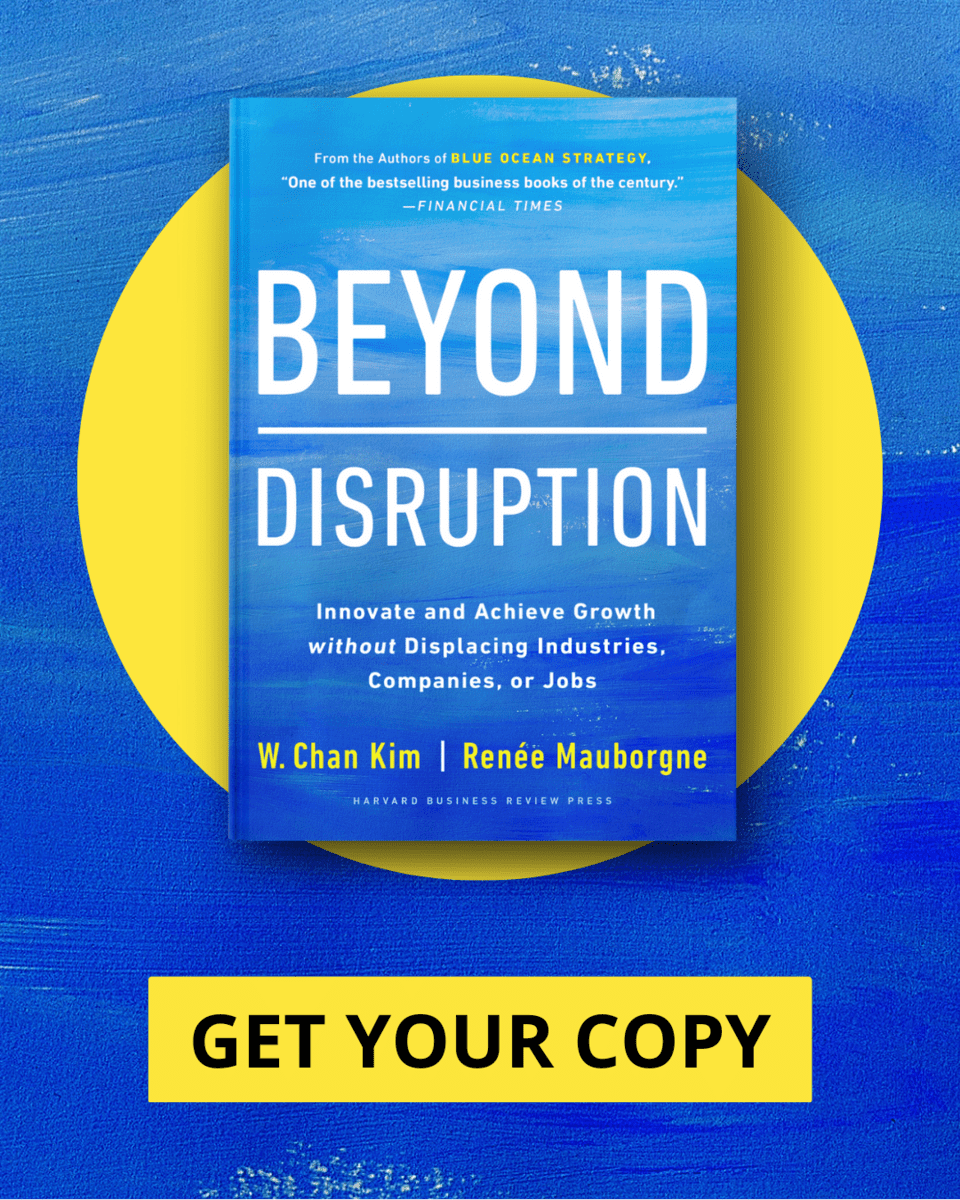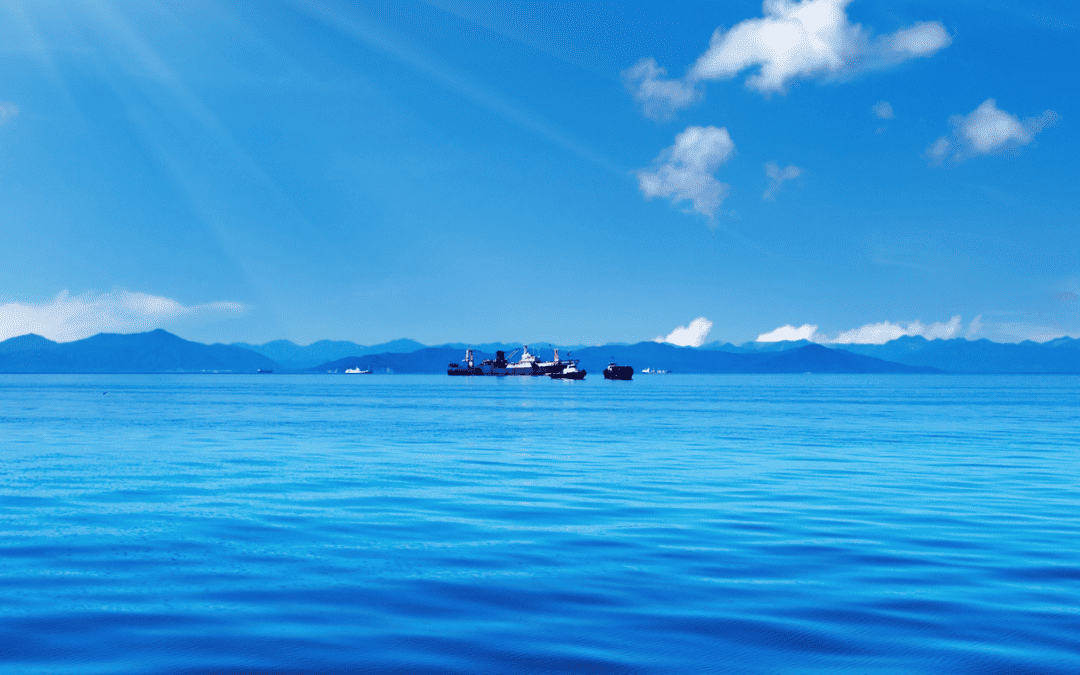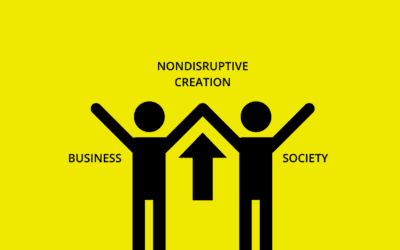Imagine walking into a grocery store, swiping your smartphone at the hi-tech entrance gates, picking up whatever you need, and then walking straight back out. No lines, no cashiers, nothing. Ten minutes later you’re automatically charged for your items through an app that gives you a digital receipt. Grocery shopping done.
Endless lines: A major pain point of the retail industry
We all know checkout lines are a nuisance and feel like a huge waste of time. They have always been a major pain point of the retail industry that shoppers have been forced to put up with. Even when self-checkout machines were introduced, they didn’t seem to solve the problem. If anything, they created additional frustration.
Amazon Go: From constraint to opportunity
Despite all the frustration, time-consuming checkout lines have mostly been accepted as simply the way things are both by retailers and customers. That is, up until now. Amazon has just launched the world’s first checkout-free store in Seattle, Amazon Go, offering a futuristic shopping experience, arguably easier than shopping online.
So how does it actually work? Cameras and sensors track the shoppers’ progress throughout the store, what they pick up off the shelves, and what they put back. Customers are then billed after leaving the store through the Amazon Go app.
Watch the Amazon Go trailer
By eliminating cash registers and checkout lines, Amazon Go has seemingly turned a major pain point on its head and changed the playing field of in-store shopping. Although some first-time customers have said that it will take some getting used to and can initially be a strange experience, a lot of people are excited about how easy and smooth it is.
More concerns than convenience?
The retail giant claims that its ‘Just Walk Out’ shopping experience is all about convenience. However, other less positive reactions seem to indicate that the shopping technology is not without its flaws.
Concerns have been raised about privacy considering the store relies on a data-gathering system to function. Privacy experts are warning that customers need to be made fully aware of just how much data is being collected on their behavior during their time in Amazon Go store.
Other challenges were faced during the test phase such as differentiating customers with similar body types or children taking items and placing them back on the wrong shelf. After the opening, one CNBC correspondent tweeted that she had accidentally shoplifted as Amazon Go hadn’t charged her for a yoghurt pot she walked out with.
Has Amazon Go made a successful blue ocean shift?
Amazon is innovating through creative destruction (different from the concept of Chan Kim & Renee Mauborgne’s nondisruptive creation explained in Blue Ocean Shift: Beyond Competing – Proven Steps to Inspire Confidence and Seize New Growth), using superior technology to displace an existing service – the human cashier. With cashier being the second most common job in the US, Amazon Go’s creative destruction could potentially lead to wide-scale job loss. Furthermore, can the (no doubt costly) technology behind Amazon Go be scaled up across multiple stores for the masses, generating profitable growth?


















